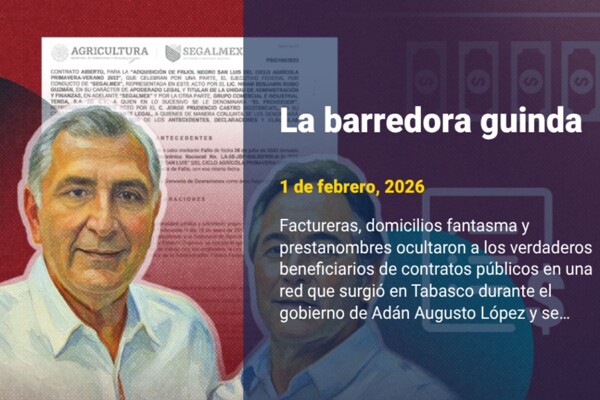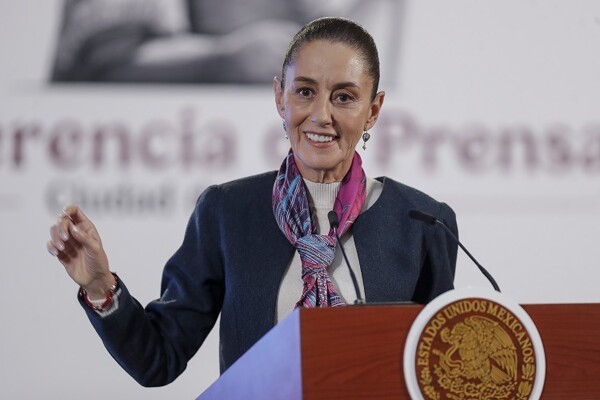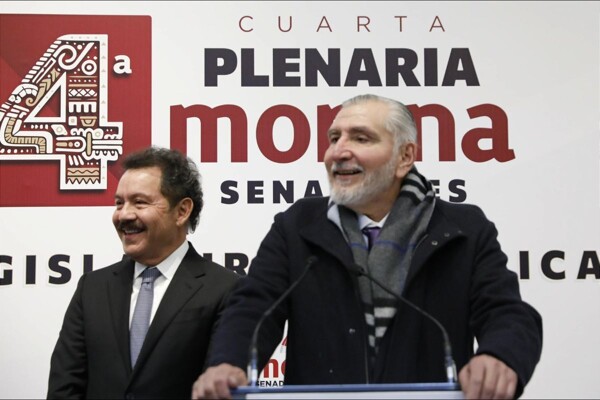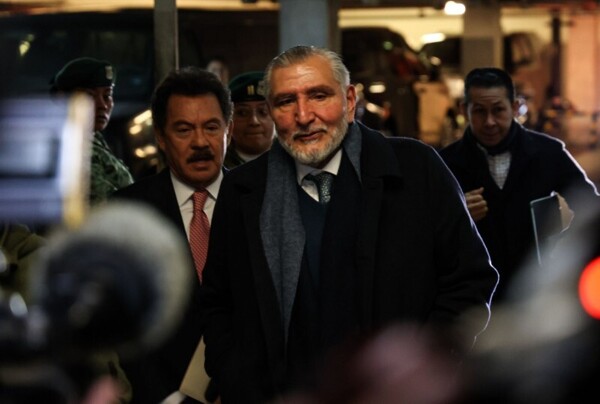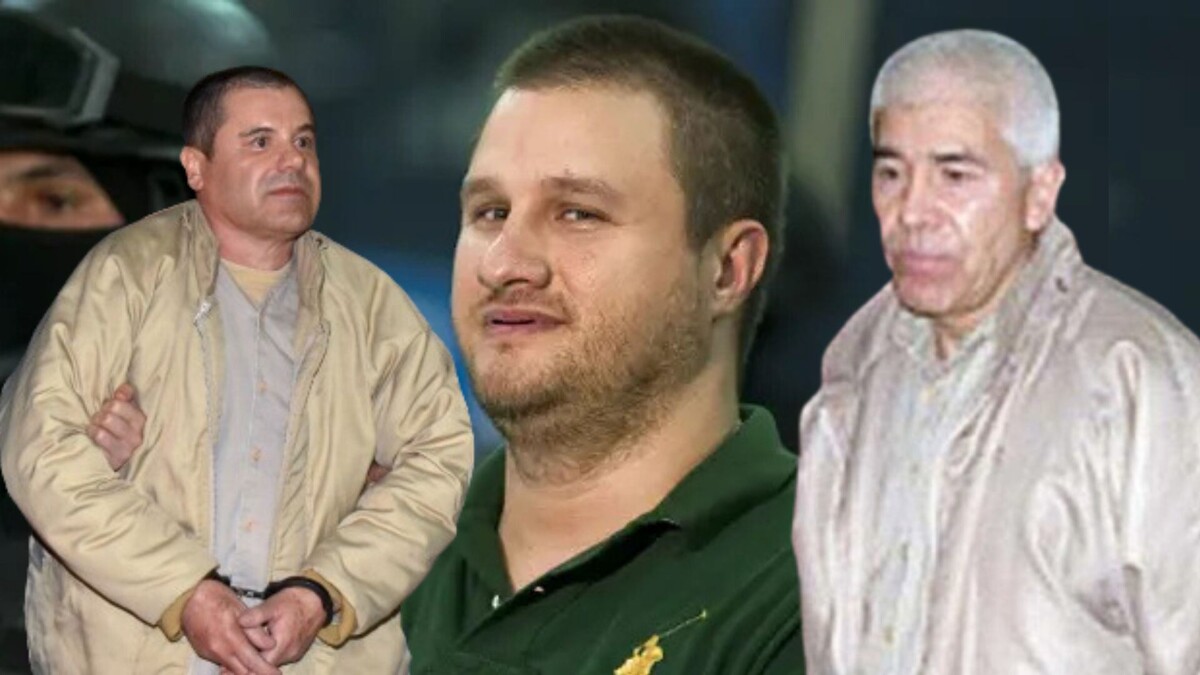
Collaboration with U.S. authorities has been key to the capture of several cartel members, including his own father; however, in his case, Zambada received a 15-year prison sentence after cooperating with the justice system. Alfredo Beltrán Leyva, known as 'El Mochomo,' was arrested in 2008 and extradited in 2014 to the United States, where he was accused of smuggling large quantities of drugs across the border. Throughout his criminal career, he was linked to the Sinaloa Cartel, where some analysts considered him the successor to Joaquín El Chapo Guzmán. The U.S. Department of Justice charged him with conspiring to distribute large amounts of narcotics between 2003 and 2016, specifically cocaine, marijuana, and methamphetamines.
Alberto Benjamin Arellano Félix, former leader of the Tijuana Cartel, was extradited in April 2011 after being captured in 2002. Following his arrest in 2016 after escaping from maximum-security prisons in Mexico twice, the Mexican government approved his extradition to the United States in January 2017. Guzmán faced charges of drug trafficking, homicide, and money laundering, among others. Over the years, Mexico has handed over significant criminals to U.S. justice, especially those involved in drug trafficking, organized crime, and corruption.
The most famous and commented extradition in recent times is undoubtedly that of Joaquín El Chapo Guzmán, leader of the Sinaloa Cartel. After pleading guilty in 2016, Alfredo Beltrán Leyva, 'El Mochomo,' was sentenced to life in prison and fined millions for drug trafficking. His extradition was significant not only for his crimes but also because it marked the definitive break between the Beltrán Leyva Cartel and the Sinaloa Cartel, a fact that left a deep mark on the structure of Mexican drug trafficking. Due to his U.S. nationality, Valdez was extradited in 2015 to the United States to face charges of drug trafficking, money laundering, and organized crime.
In 2020, former director of Petróleos Mexicanos (Pemex), Emilio Lozoya Austin, was arrested in Spain after fleeing Mexico due to his alleged involvement in the 'Estafa Maestra' corruption scandal. Lozoya was extradited to Mexico, where he now faces charges of money laundering, bribery, and fraud, primarily related to the Brazilian construction company Odebrecht. Dámaso López Núñez, known as 'El Licenciado,' was extradited to the United States after being detained in May 2017 in Mexico City.
In 2019, García Luna was arrested in the neighboring country to the north on charges of corruption, linked to bribes received from the Sinaloa Cartel to protect its illicit activities. Arellano Félix's extradition was a direct blow to the Tijuana Cartel, which at its peak was one of the most influential in Mexico. Vicente Zambada Niebla, known as 'El Vicentillo,' was sentenced to life in prison in 2019 in New York, marking a milestone in the fight against international drug trafficking. Another relevant case is that of Genaro García Luna, former Secretary of Public Security of Mexico during Felipe Calderón's government. Currently, there are two formal requests for his extradition to Mexico, but there has been no response yet.
Edgar Valdez Villarreal, nicknamed 'La Barbie,' a former member of the Beltrán Leyva Cartel, was arrested in 2010 in Mexico. Son of Ismael El Mayo Zambada, one of the most powerful leaders of the Sinaloa Cartel, Vicente played a crucial role in drug trafficking. The DEA linked him to one of the most brutal drug trafficking networks responsible for smuggling cocaine and marijuana through the border cities of Tijuana and Mexicali. This extradition process is crucial to prevent criminals from evading justice by seeking refuge in nations with less stringent laws or without judicial cooperation agreements. Mexico and the United States have been the scene of multiple high-profile extraditions. On Thursday afternoon, the Secretariat of Security and Citizen Protection announced the extradition of at least 29 drug traffickers to face U.S. justice, including Rafael Caro Quintero, 'El Z40,' and 'El Z42.'
Extradition is a legal process that seeks to ensure that fugitives from justice face the consequences of their crimes in the country where they were committed. In October 2024, the former official was sentenced to 38 years and 8 months in prison for his links to organized crime.











